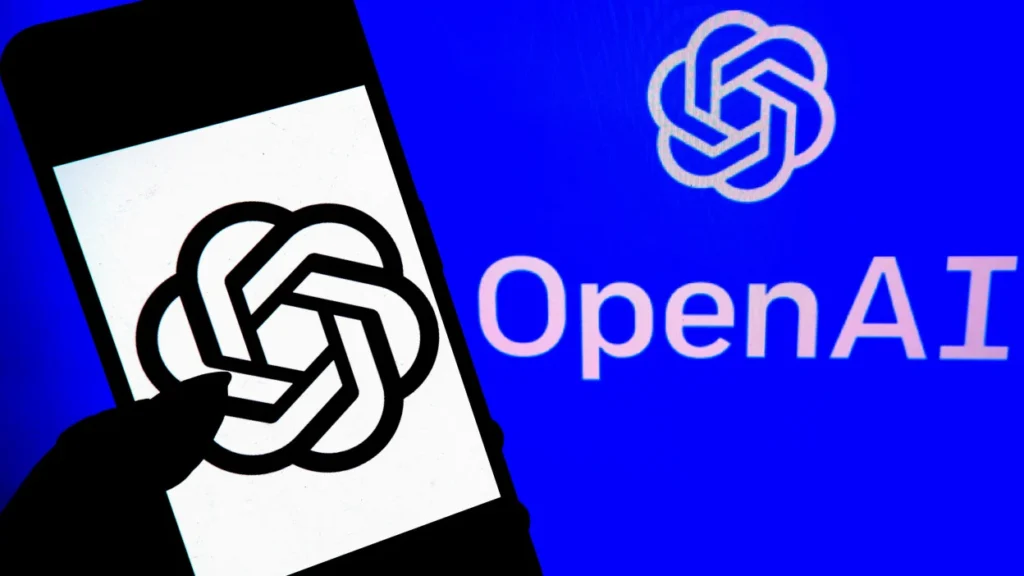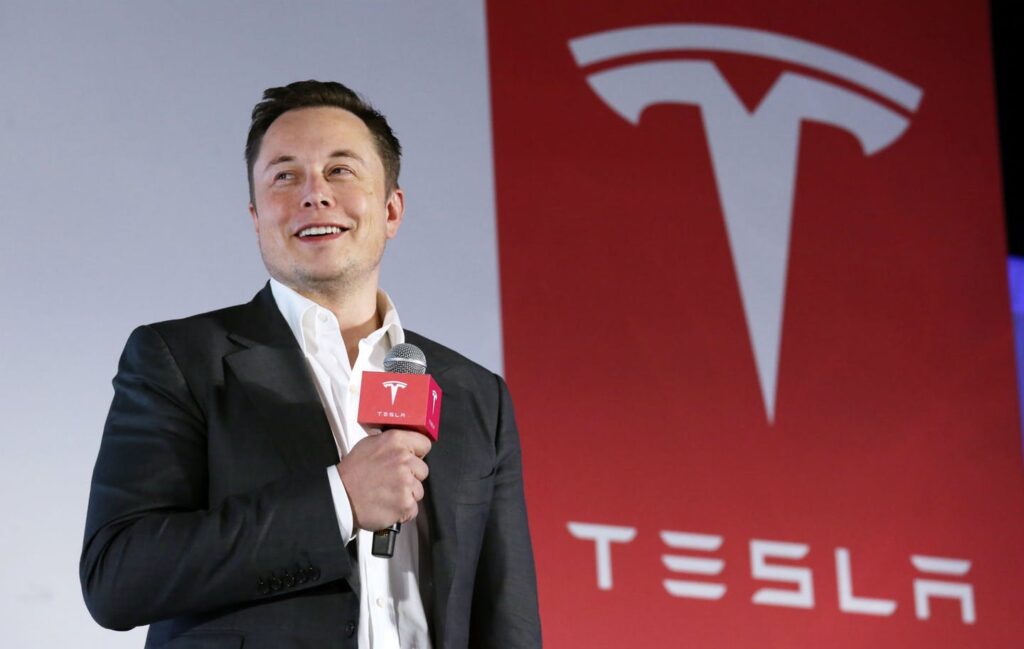In a surprising turn of events, Elon Musk has withdrawn his breach of contract lawsuit against OpenAI and its CEO, Sam Altman.
The resolution of this high-profile legal dispute is particularly relevant to the insurance industry, which increasingly relies on AI technologies to enhance its operations. The outcome of Musk’s lawsuit could have set significant precedents regarding the accessibility and use of advanced AI technologies like GPT-4.
According to a report by Reuters, the lawsuit, which accused OpenAI of straying from its foundational mission of prioritising AI research for the betterment of humanity over profit, has been officially dropped, Reuters reports. Musk’s legal team did not provide a reason for the sudden withdrawal.

Musk’s lawsuit sought to compel OpenAI to make its research and technology, including GPT-4, publicly available. Additionally, he aimed to prevent the startup from leveraging its assets for the financial benefit of Microsoft and other partners. OpenAI, however, countered in court filings that Musk’s claims were incoherent and merely a contrived attempt to further his own AI interests.
“Seeing the remarkable technological advances OpenAI has achieved, Musk now wants that success for himself,” OpenAI’s attorneys argued. Musk responded in an April filing, asserting that OpenAI was advancing arguments based on disputed facts beyond the scope of the lawsuit.
The legal battle’s conclusion follows Musk’s public criticism of a recent partnership between Apple and OpenAI, expressed through a series of tweets. This development marks the end of a contentious period for Musk and OpenAI, a company he co-founded in 2015 but left due to disagreements over its direction and control.
Relevance to the Insurance Industry
Insurance companies use AI for a range of applications, from risk assessment and fraud detection to customer service and claims processing. If Musk had succeeded in his demand for OpenAI to release its technologies publicly, it might have accelerated the adoption of AI in the insurance sector, making sophisticated tools more widely available and affordable. Conversely, the restriction of such technologies to a few commercial partners, like Microsoft, could limit broader industry access, potentially stalling innovation and competitiveness within the sector.
Moreover, the case underscores the ongoing debate over the ethical use of AI and the balance between open innovation and proprietary advancements. Insurance firms must navigate these issues carefully, ensuring they harness AI in ways that are both effective and ethically sound, adhering to regulatory standards while maintaining public trust.
The internal conflicts highlighted by this lawsuit, between innovation, ethical considerations, and commercial interests, mirror the challenges faced by the insurance industry in integrating AI technologies. As AI continues to evolve, the industry must stay informed about such legal and ethical developments to effectively leverage AI while managing associated risks.
Original source: Reuters









